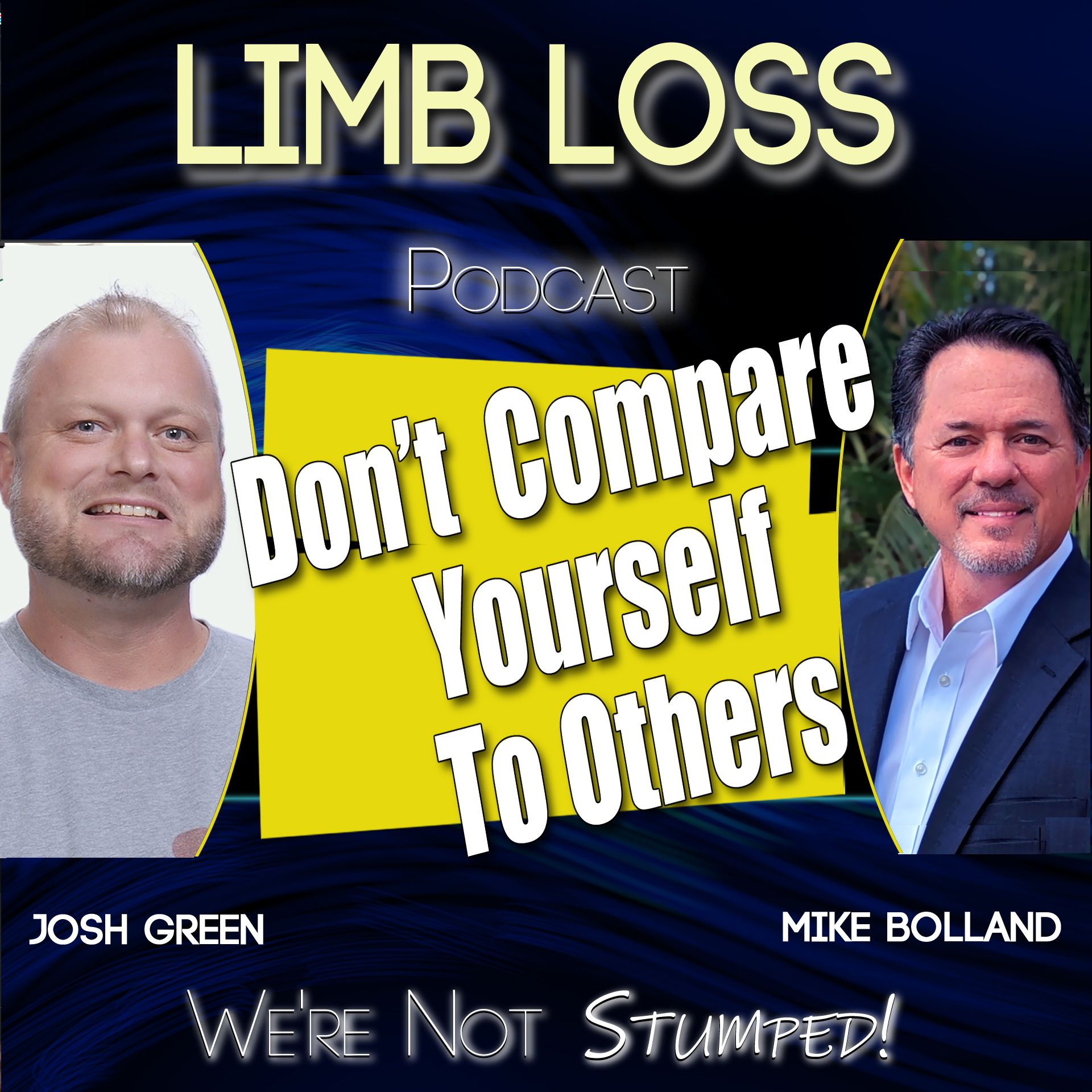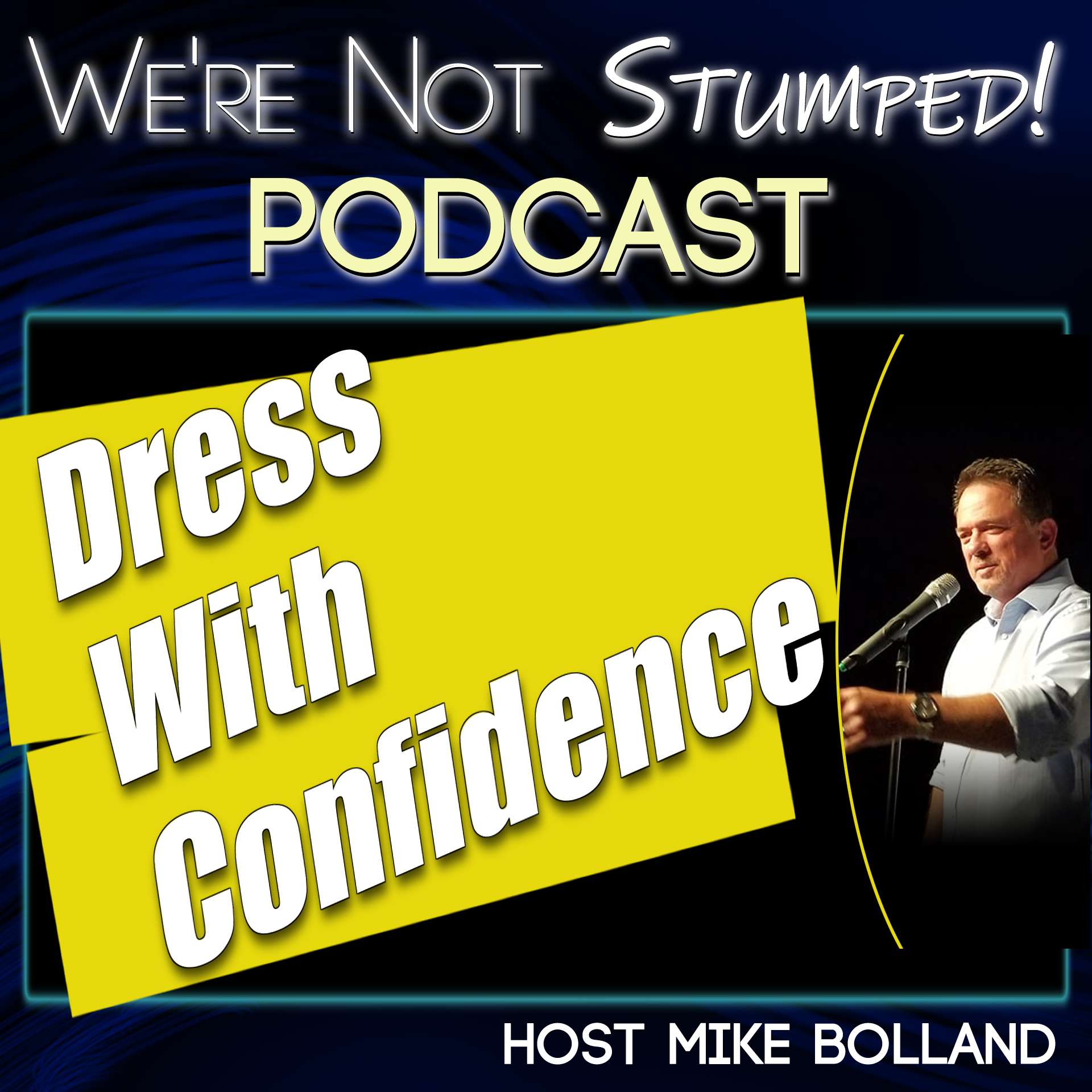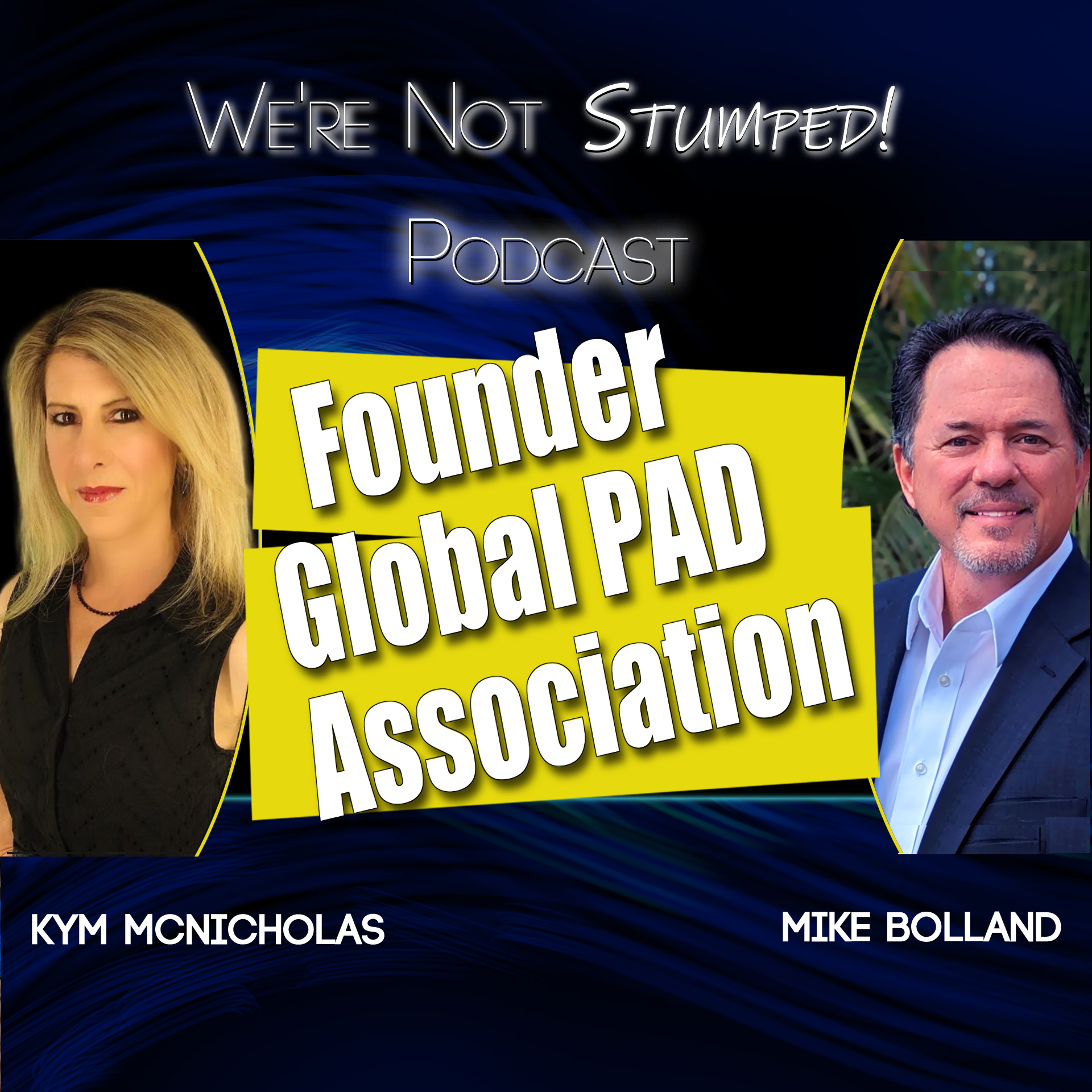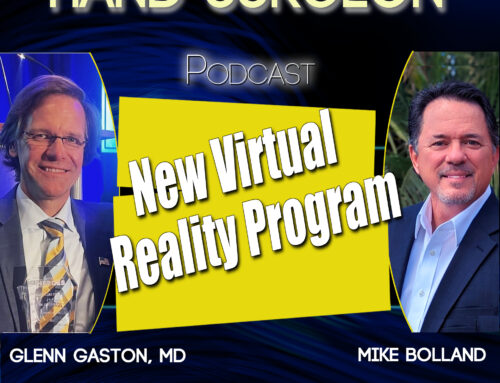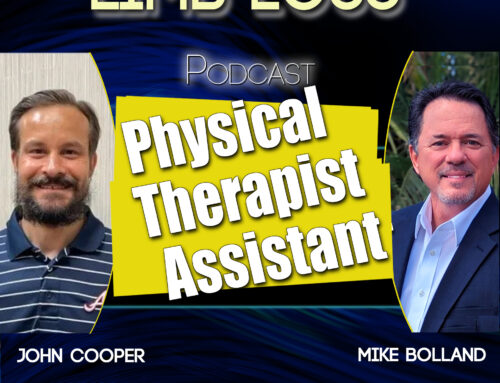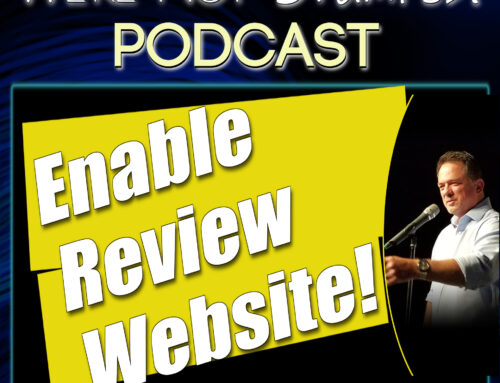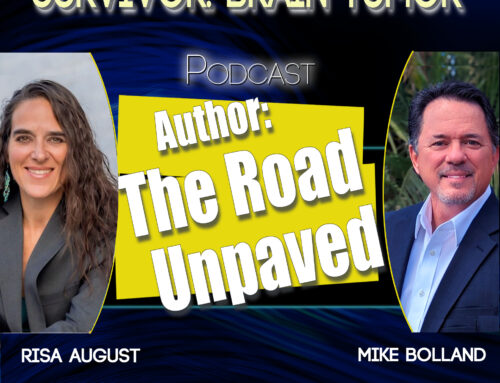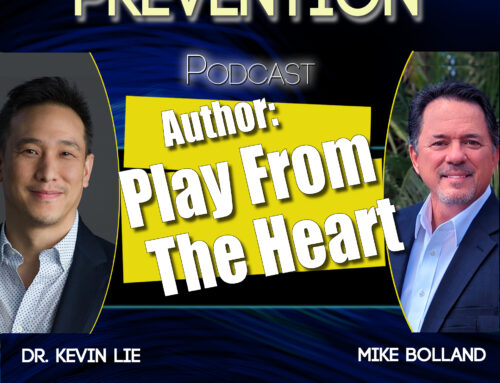What does it truly mean to be seen as fully human in a world that often overlooks disability?
In this thought-provoking episode of We’re Not Stumped, host Mike Bolland welcomes back Dr. Stephanie W. Cawthon—an acclaimed deaf author, speaker, and researcher—for an honest and insightful conversation about identity, accessibility, and belonging. With ASL interpreters Amanda Ford and Steven Nugent joining, Dr. Cawthon shares the personal and cultural impact of her book Disability is Human, a work that has deeply influenced Mike’s own journey.
They discuss the challenges of growing up with hearing loss in a time when ASL access was limited, and how this shaped language development and education. The conversation dives into important issues like the “disability tax,” identity formation, and the hidden barriers many disabled individuals encounter, especially in entry-level jobs. They also unpack the effects of societal attitudes, exploring concepts like “helper syndrome” and “stalker syndrome,” which create subtle but real burdens for people with disabilities.
Dr. Cawthon highlights that while the ADA was a critical step toward inclusion, achieving true accessibility demands ongoing shifts in mindset, mentorship, and opportunity. This episode invites listeners to rethink disability—not as a problem to be fixed, but as a vital part of the human experience.
Disability is Human Book: https://www.amazon.com/Disability-Human-Vital-Accessibility-Everyday/dp/1954233299
Listen on Apple Podcasts
Watch on YouTube
Listen on Spotify
In this powerful episode of We’re Not Stumped, host Mike Bolland sits down with Josh Green, an above-knee amputee, patient advocate, and founder of the Northeast Ohio Amputee Support Group. Josh lost his leg at just 4 years old and has since turned his life experiences into a mission to uplift and educate others in the limb loss community. Josh opens up about growing up with a prosthetic, how his parents’ positive outlook helped him build confidence, and how sports played a major role in his development. Later in life, he faced new challenges but found strength by connecting with other amputees and realizing the power of community. From overcoming early challenges to empowering others through advocacy and education, Josh Green’s story is one of resilience, leadership, and unwavering positivity.
In this episode of We’re Not Stumped, host Mike Bolland — born without his right hand — shares a powerful message about why he feels dressing well matters for the limb loss and disability community. This isn’t about vanity — it’s about confidence, self-respect, and advocacy. Mike explains how personal style can change the way we feel about ourselves and the way others see us. From challenging stereotypes to promoting positive representation, dressing with pride is one way to say: “I belong here — just as I am.” 🎙️ In this episode, Mike discusses: Why appearance and self-expression are empowering after limb loss or disability How dressing well helps break stereotypes and reshape public perception The connection between confidence, mental health, and advocacy How showing up with pride inspires others in the community 👕 Dressing well isn’t about perfection — it’s about showing pride in who you are. Because when we show up confidently, we make it easier for others to do the same.
Peripheral Artery Disease (PAD) affects millions worldwide — yet most people don’t recognize the warning signs until it’s too late. In this powerful episode of We’re Not Stumped, host Mike Bolland welcomes Emmy Award-winning journalist and Global PAD Association co-founder Kym McNicholas to explain what PAD is, how it causes poor circulation, and why early detection is critical in preventing amputation. Kym shares her inspiring journey from covering a medical story to becoming one of the leading advocates for PAD awareness and patient empowerment. She sheds light on how education, proper diagnosis, and access to the right care can literally save limbs — and lives.

